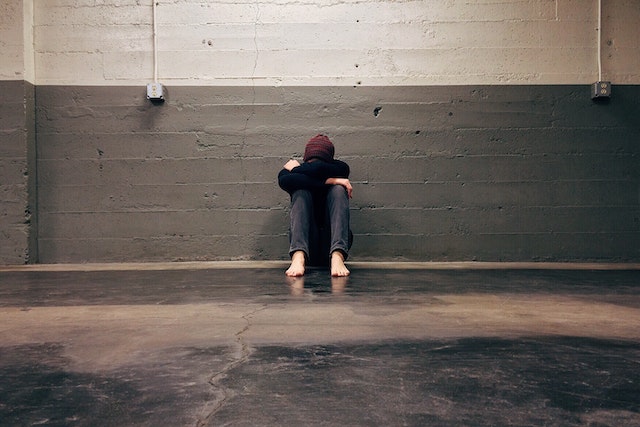Depression is a prevalent mental health disorder that impacts individuals from all walks of life. It is a condition that can manifest in a variety of ways and often goes unnoticed. Still, it can cause significant distress and majorly impact an individual’s quality of life. The impact of depression can be far-reaching and affect all aspects of life, including work, relationships, and overall quality of life. In this article, we will explore the symptoms and causes of depression and effective coping strategies and treatment options, including virtual psychiatry and therapy sessions.
Symptoms and Causes of Depression
Depression is more than just feeling sad or blue for a few days. It is a persistent and pervasive feeling of sadness, hopelessness, and worthlessness that can last for weeks, months, or even years. Other common symptoms of depression include:
- Loss of interest or pleasure in activities once enjoyed
- Changes in appetite or weight
- Difficulty sleeping or sleeping too much
- Fatigue or lack of energy
- Feelings of guilt or worthlessness
- Difficulty concentrating or making decisions
- Thoughts of death or suicide
The causes of depression are complex and can be influenced by a combination of genetic, environmental, and psychological factors. Some of the most common risk factors for depression include:
- Family history of depression or other mental health conditions
- Trauma or abuse
- Chronic stress or anxiety
- Substance abuse or addiction
- Chronic medical conditions, such as cancer or heart disease
Effective Coping Strategies for Depression
While seeking professional help is essential for treating depression, there are several effective coping strategies that individuals can use to manage their symptoms on a day-to-day basis. These include:
- Exercise: Regular physical activity has been shown to boost mood and reduce symptoms of depression.
- Mindfulness and meditation: Practicing mindfulness and meditation can help individuals develop a greater awareness of their thoughts and emotions and reduce stress and anxiety.
- Social support: Connecting with friends, family, or a support group can help individuals feel less isolated and alone and provide a source of encouragement and validation.
- Self-care: Engaging in activities that bring joy and relaxation, such as reading, taking a bath, or listening to music, can help individuals manage stress and improve their overall well-being.
Treatment Options for Depression
If you are experiencing symptoms of depression, seeking professional help is crucial. Treatment options for depression typically include medication and psychotherapy. A psychiatrist or other healthcare provider can prescribe antidepressant medication to help regulate mood and alleviate symptoms of depression. Antidepressant medication is a common treatment for depression and can be prescribed by a qualified healthcare provider. Selective serotonin reuptake inhibitors (SSRIs), serotonin-norepinephrine reuptake inhibitors (SNRIs), and tricyclic antidepressants are some of the most commonly prescribed medications for depression. These medications work by altering the levels of neurotransmitters in the brain to help regulate mood and alleviate symptoms of depression.
Psychotherapy, also known as talk therapy, is a form of treatment that involves talking with a trained mental health professional to identify and manage symptoms of depression. Cognitive-behavioral therapy (CBT) and interpersonal therapy (IPT) are two of the most common types of psychotherapy used to treat depression.
Virtual psychiatry and therapy sessions have become increasingly popular in recent years, allowing individuals to access mental health services from the comfort of their own homes. With virtual sessions, individuals can receive the same quality of care as in-person sessions and connect with a mental health professional specializing in treating depression.
In conclusion, depression is a complex mental health condition that requires proper diagnosis and treatment by a qualified healthcare professional. Effective coping strategies, such as exercise, mindfulness, social support, and self-care, can also help individuals manage their symptoms on a day-to-day basis. With the availability of virtual psychiatry and therapy sessions, accessing mental health services has never been easier, providing hope and support to those living with depression.

